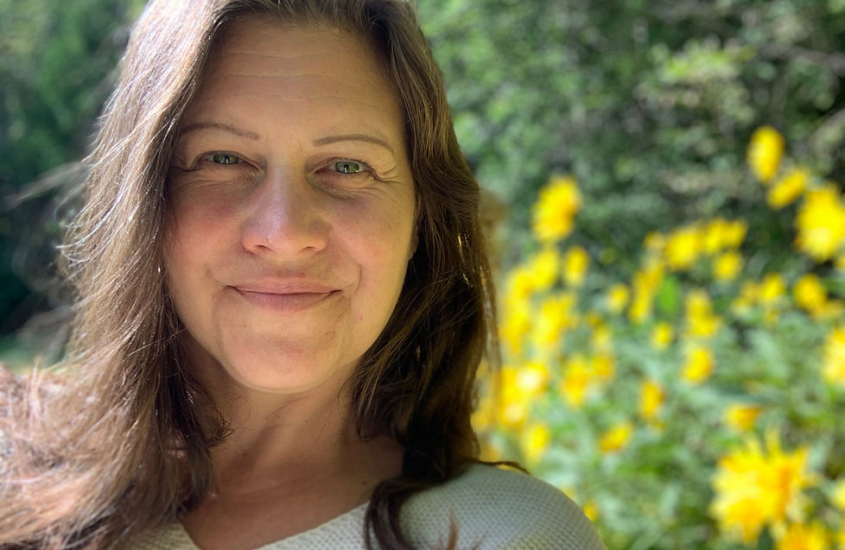The End of Suffering, April 26 – 28, 2024
The End of Suffering
April 26 – 28, 2024
with Kathryn Jefferies
Zoom online
We were happy to welcome back Kathryn after some years without contact. She was not able to join us in person but we found her online presence to be very satisfying and effective in communicating her message. Eight people were present for the three meetings spread over three days and engaging us for almost two hours each session.
Kathryn introduced herself to the group and shared some of the background to her work and the connection with Krishnamurti, whom she has greatly admired and found very helpful in her pursuit of self-knowledge and self-inquiry. She has also found The Work of Byron Katie to be extremely useful and complementary to working with Krishnamurti’s teachings. “Katie,“ she said, “is the how to Krishnamurti’s what.” The weekend was to be a demonstration of this fact in our direct experience, facilitated by Kathryn, who proceeded to guide us through an exercise in noticing what is happening in our own experience. Both K and Katie, Kathryn said, were interested in exploring what suffering actually is rather than in just getting rid of it. To this end Katie had developed a series of questions which could penetrate the beliefs that we hold about life, the behaviour of others and ourselves, and our suffering. Thoughts believed cause suffering but thoughts questioned bring freedom. Using her questions, Katie asks her fellow inquirer to examine the truth or falseness of his or her complaints about a person’s behaviour and what is being expected. Kathryn asked us to go through the questions in each of our personal situations. This is a way of bringing our assumptions and beliefs to light and, as Krishnamurti said, discovering the self in “the action of relationship.” We see the “stories” that our mind is running. The inquiry is most effective if we want to see the truth rather than seeking to support our egos.
After thoroughly questioning ourselves, we employed some “turn-arounds” which provided new and different perspectives on our beliefs and behaviours. “She is rejecting me” becomes “she is not rejecting me” or “I am rejecting me” and other variations. In each case the inquirer asks in what way the turn-around is true. The turn-arounds were surprisingly effective in revealing the mind at work and dissolving the concepts of thought which limit our sense of freedom. What is left is a greater degree of compassion and kindness. The participants found the process of the workshop to be most helpful.
DB



